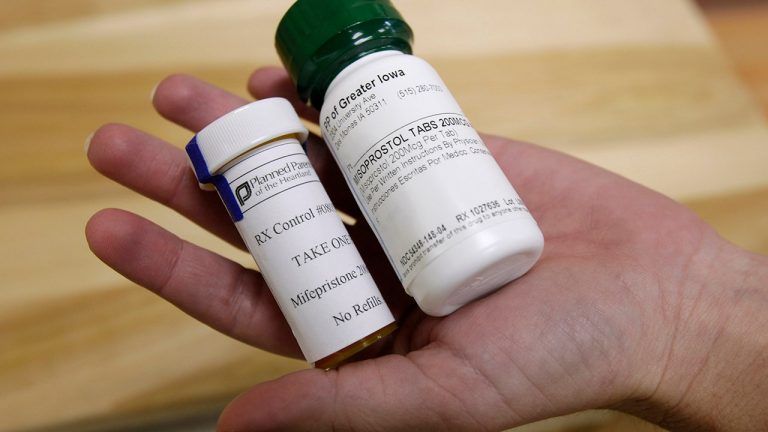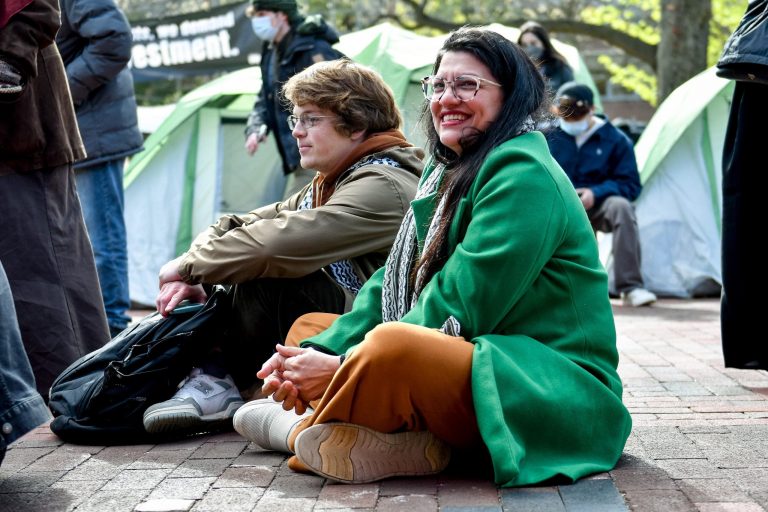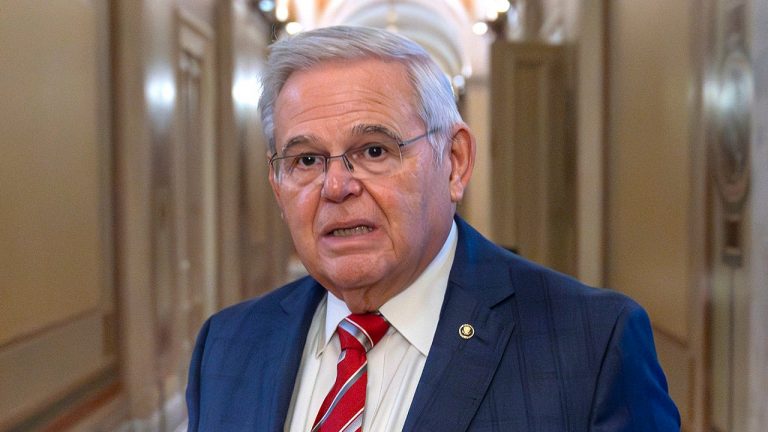Trump praises Supreme Court ruling on presidential immunity as a victory for the Constitution and democracy.
The recent Supreme Court ruling in Trump v. United States has sparked widespread discussions and debates regarding the immunity of former presidents from prosecution for their official acts. In a landmark decision, the high court determined that a former president has substantial immunity from criminal prosecution for official acts committed while in office, but not for unofficial acts.
Chief Justice John Roberts, in the majority opinion, stated that the President cannot be prosecuted for exercising his core constitutional powers and is entitled to presumptive immunity from prosecution for all official acts. This immunity, according to the ruling, applies to all occupants of the Oval Office, regardless of their political affiliations.
However, the Supreme Court left it to the lower court to delineate the line between official and unofficial acts, indicating that there are limitations to the protection granted to former presidents. While the ruling may not have been a total victory for former President Trump, he welcomed the decision, describing it as a triumph for the Constitution and democracy.
Former President Trump, who is the presumptive Republican presidential nominee, had appealed to the Supreme Court after being charged as part of Special Counsel Jack Smith’s federal election interference case. Smith had charged Trump with several offenses, including conspiracy to defraud the U.S., obstruction of an official proceeding, and conspiracy against rights, stemming from allegations related to the U.S. Capitol breach on Jan. 6, 2021, and potential interference in the 2020 election results.
Trump, maintaining his innocence, argued that he should be immune from prosecution for official acts carried out during his presidency. The case against him has remained in limbo while the Supreme Court deliberated on the issue, leading to significant anticipation and speculation about the outcome.
As the legal battle over presidential immunity unfolded, it underscored the complexities and nuances of the law, particularly concerning the accountability and legal protections afforded to individuals who have held the highest office in the country. The Supreme Court’s ruling not only has immediate implications for Trump’s case but also sets a precedent for future interpretations of presidential immunity and the scope of legal protection extended to former presidents.
The intersection of law, politics, and constitutional principles has been at the forefront of this case, prompting discussions about the balance of power, the rule of law, and the implications for democracy. The ruling has reignited debates about the boundaries of executive authority, the responsibilities of public officials, and the mechanisms for holding leaders accountable for their actions.
With the Supreme Court’s decision, the legal landscape surrounding presidential immunity has undergone a significant shift, raising questions about the extent to which former presidents can be shielded from prosecution for their official conduct. While the ruling offers clarity on certain aspects of presidential immunity, it also leaves room for further interpretation and exploration of the nuanced legal issues at play.
For Trump and his supporters, the ruling represents a legal victory and a validation of his argument regarding immunity from prosecution for official acts. The former president’s ability to campaign and engage in political activities without the specter of criminal charges hanging over him has significant implications for the upcoming election cycle and the future of his political career.
As the legal battles continue and the ramifications of the Supreme Court’s ruling unfold, the debate over presidential immunity and accountability is likely to persist. The complexities of navigating the intersection of law, politics, and governance in the context of presidential actions underscore the ongoing challenges of upholding the principles of democracy and the rule of law.
Ultimately, the Supreme Court’s ruling in Trump v. United States has highlighted the intricate balance between legal protections for former presidents and the imperative of ensuring accountability and transparency in government. The legacy of this case and its implications for presidential immunity will continue to shape legal discourse and political dynamics in the years to come.








